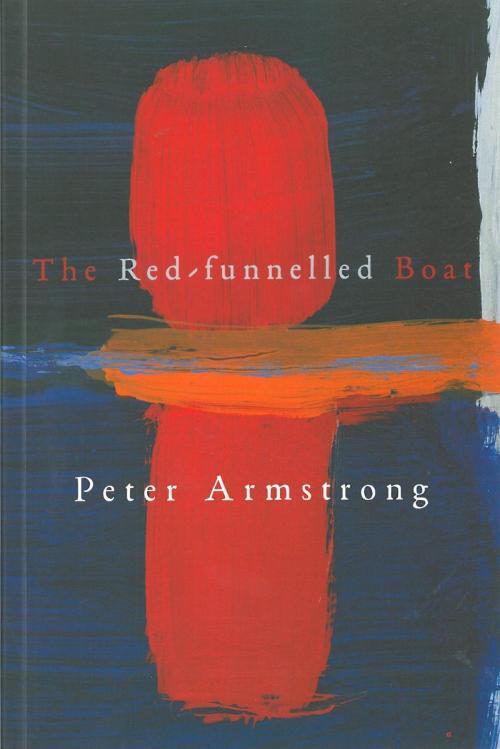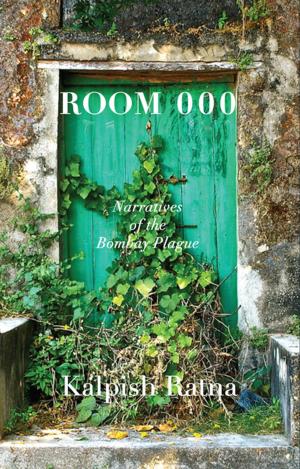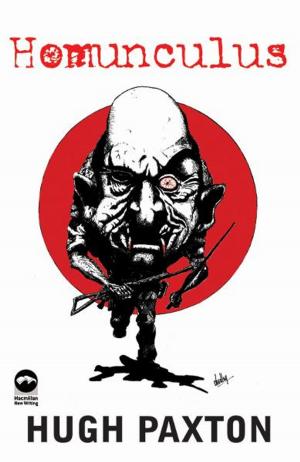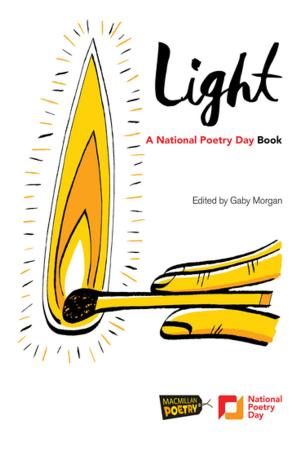| Author: | Peter Armstrong | ISBN: | 9781447218241 |
| Publisher: | Pan Macmillan | Publication: | June 28, 2012 |
| Imprint: | Picador | Language: | English |
| Author: | Peter Armstrong |
| ISBN: | 9781447218241 |
| Publisher: | Pan Macmillan |
| Publication: | June 28, 2012 |
| Imprint: | Picador |
| Language: | English |
The Red-Funnelled Boat charts a course through richly varied territory, from theological obsession to the paranoid fantasies of the armchair footballer, the vernacular hell of mental illness and the author’s lyrical yearning for the elsewheres of the Hebrides and the cinematic Midwest. These precisely imagined, disturbing and fascinating poems establish Armstrong as a powerfully assured new voice, and a phrase-maker of startling originality.
‘Armstrong’s is indeed an excellent collection. Though his allegiances – which seem to me wholly natural – reach back to Auden and Durrell, he is very much his own man, with individuality sometimes pressed as far as undoubted quiddity. Throughout the book the sheer presence of places and denser poems are impressive and demanding at once and the balance between the particular and the characteristic nicely held; though perhaps I am most moved by some of the shorter, more lyrical poems, where the language is made into a real sculpture: this truly is authority at its least questionable. Such poems are rather like sounds forming themselves from invisible thoughts and feelings, and emerging before the reader’s eyes’ Peter Porter
The Red-Funnelled Boat charts a course through richly varied territory, from theological obsession to the paranoid fantasies of the armchair footballer, the vernacular hell of mental illness and the author’s lyrical yearning for the elsewheres of the Hebrides and the cinematic Midwest. These precisely imagined, disturbing and fascinating poems establish Armstrong as a powerfully assured new voice, and a phrase-maker of startling originality.
‘Armstrong’s is indeed an excellent collection. Though his allegiances – which seem to me wholly natural – reach back to Auden and Durrell, he is very much his own man, with individuality sometimes pressed as far as undoubted quiddity. Throughout the book the sheer presence of places and denser poems are impressive and demanding at once and the balance between the particular and the characteristic nicely held; though perhaps I am most moved by some of the shorter, more lyrical poems, where the language is made into a real sculpture: this truly is authority at its least questionable. Such poems are rather like sounds forming themselves from invisible thoughts and feelings, and emerging before the reader’s eyes’ Peter Porter















